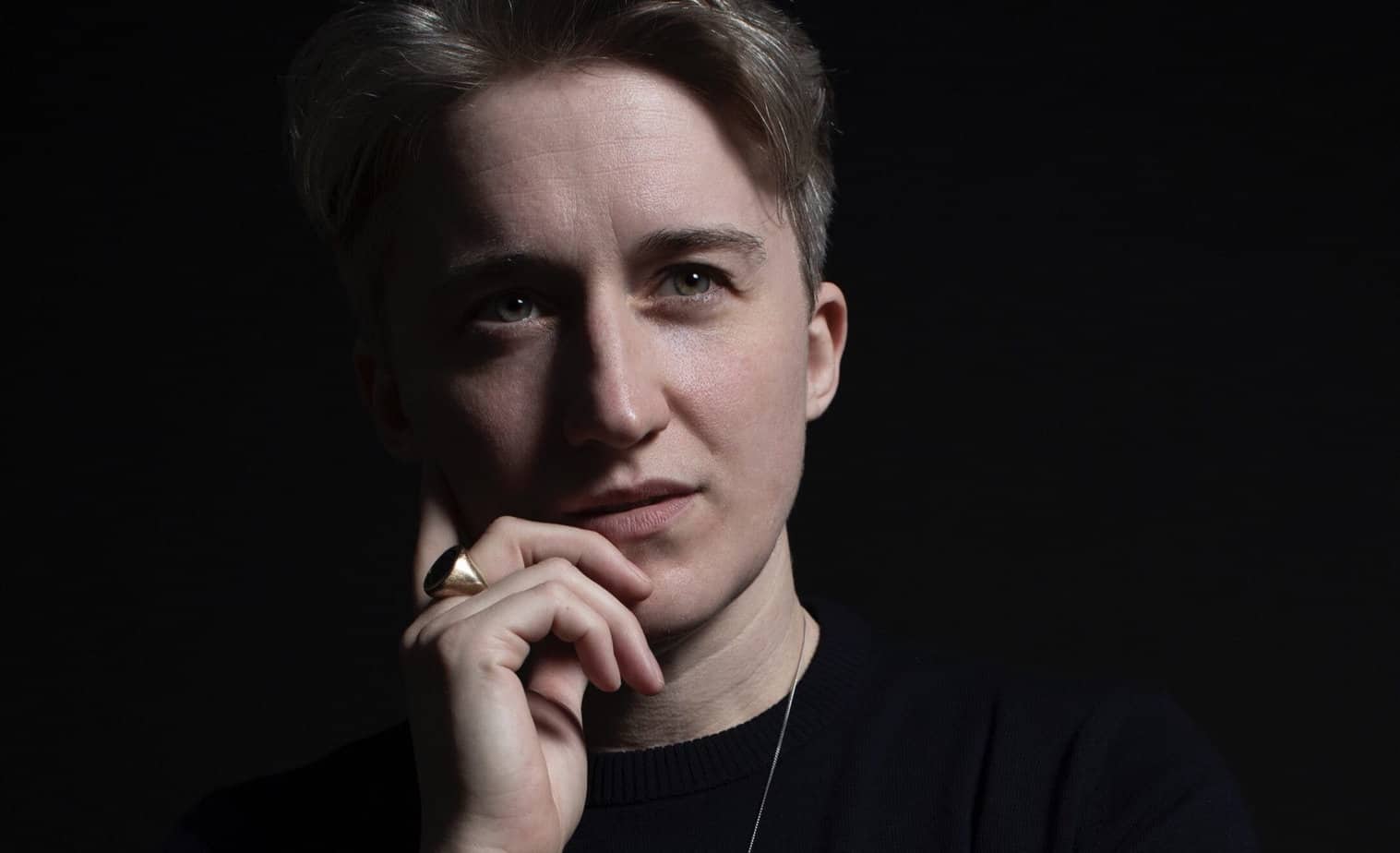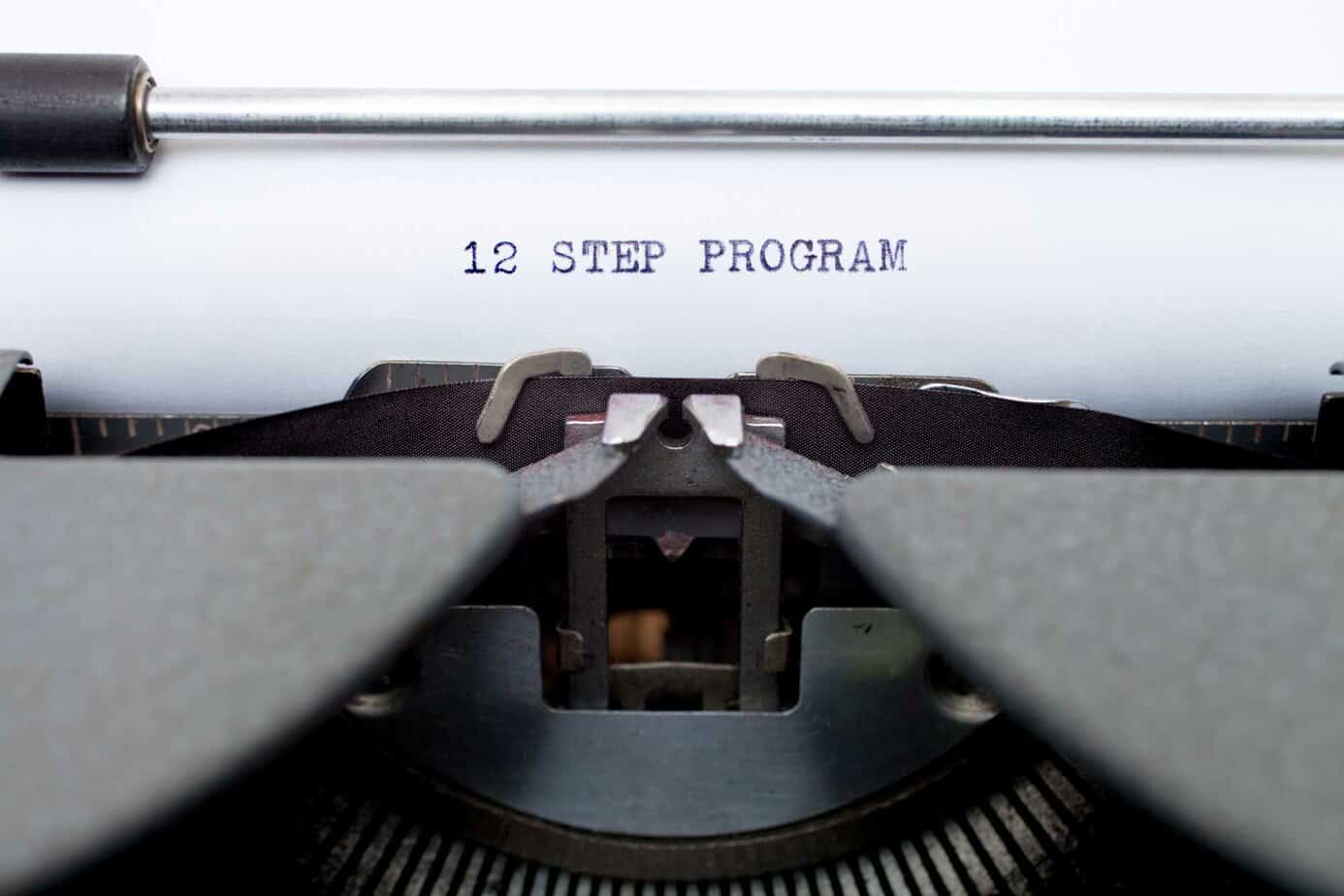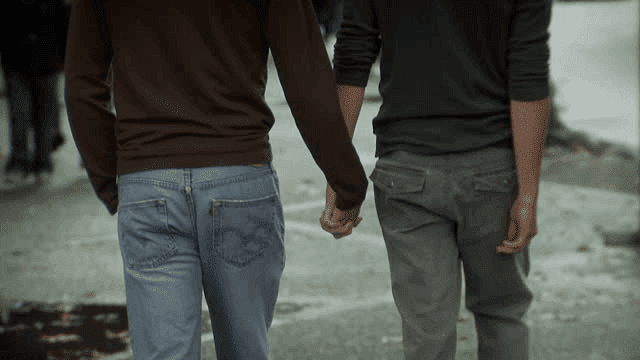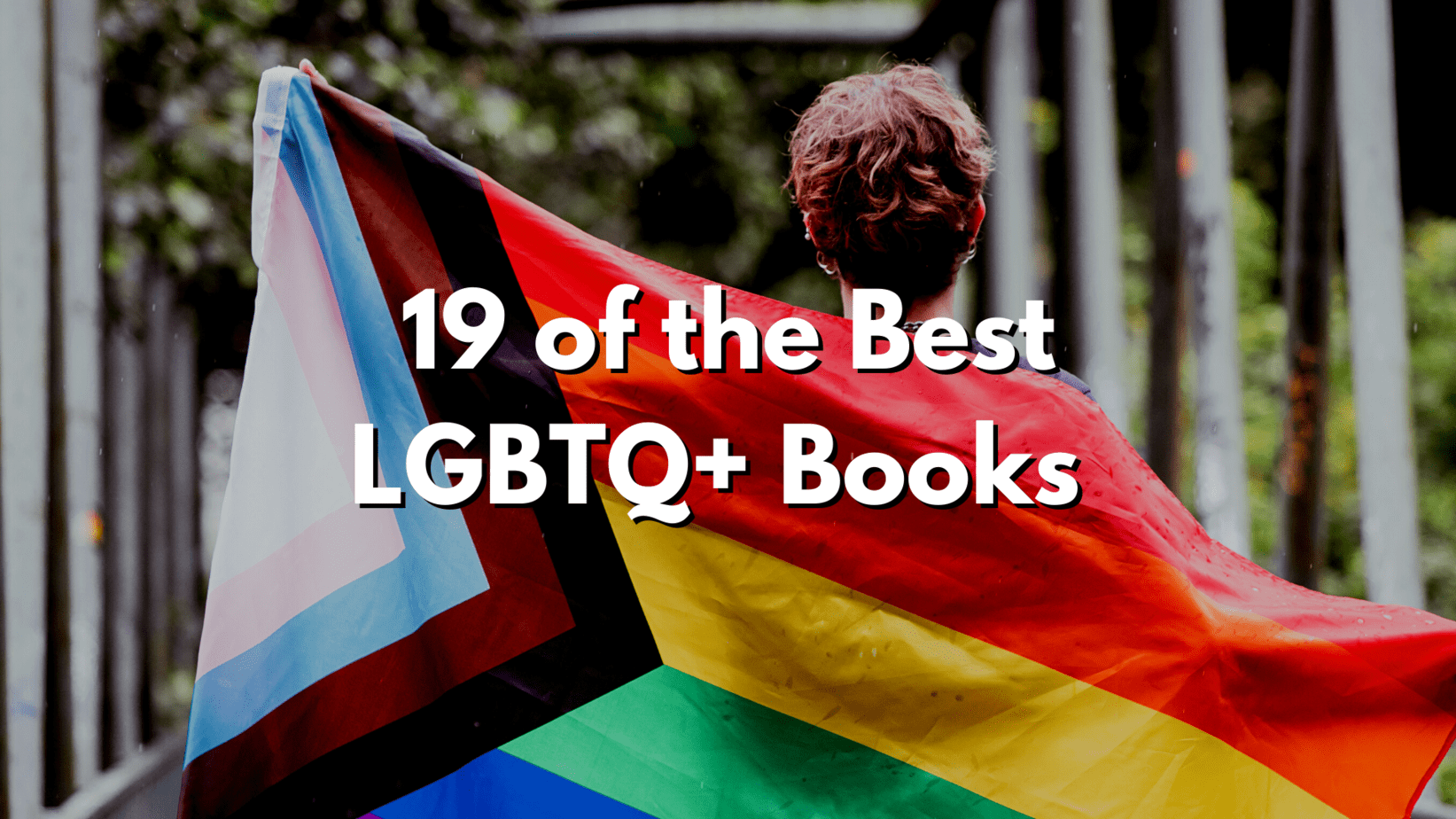I’m Alex, and I’m a (deep breath) queer, non-binary, alcoholic/addict in long-term recovery (just to name a few labels). I’m a Recovery Coach at Mountainside. My pronouns are they/them. And throughout my recovery, I’ve discovered new parts of who I truly am. Maintaining my sobriety and being able to come out of the closet has taught me how to fully accept myself.
Growing Up Non-Binary
My childhood self knew who they were but repressed it. Growing up and wanting to “fit in” meant letting go of the true Alex. I recall my mother saying it was time to try longer hair; well-intentioned, but still a rejecting the expression of my true self.
Even with long hair, society can be cruel if you don’t fit the binary mold. With my ponytail in full effect, I still could hear other kids say, “What is that? A boy or a girl?” or being told in a women’s restroom, “You don’t belong in here.” Long hair, full chest, can’t win. So you hide.
The illusion that drugs or alcohol make you feel better is potent—for the exorbitant price of your health and relationships, you too can temporarily forego feeling a certain way! The LGBTQIA+ community is rife with people who have to hide, so it’s no wonder that at least 30% of the community struggles with substance use.
Using Alcohol and Drugs to Cope
For many years, I grappled with various substances to cope with all sorts of feelings—many of which stemmed from being afraid to be myself. Luckily, my friends and family stuck with me and gave me the gift of an intervention.
I knew I needed help, but I was simultaneously too proud and too ashamed and did not know how to ask for it. But that fateful August afternoon was the beginning of my return to life; several of my closest friends joined by my mother expressed their deep concern for my welfare.
Seeing Change During Sobriety
After five weeks of treatment, I came back with a determined resolve—I made my recovery my biggest priority and knew I couldn’t go back to the way things were. I opened up not just by sharing about my past but by coming to terms with the possibility that I didn’t know everything.
I began looking at other career paths I could take. I needed an environmental change, so I purged my apartment. I chopped off my long mane of hair. It was a revelation. For the first time in my life, I looked like me.
Coming Out of the Closet
Coming out as LGBTQIA+ can be scary while also feeling like pure liberation. The same can be said for coming out as sober. The moment I started to be honest with everyone around me, a weight lifted. Once you’re living as your true self with the mental clarity that only recovery brings, it is very hard to return to your previous state.
I’m proud of who I am, and two of the biggest parts of me are my sobriety and my identity. Recovery doesn’t have to be an identity, just like being gay or queer or trans doesn’t have to be the one defining part of you. It is, however, a part of you that will flourish when you let the light shine on it.
Being Open About Recovery
When you come out of the closet, you don’t want to go back into it, and I think being open about recovery has the same level of honesty, self-reflection, and transparency. I am very outspoken about my sobriety. I don’t have a problem talking to people about it. I feel empowered, and I want to tell people about it.
Being able to say, “I’m queer,” “I’m gay,” “I’m a lesbian,” “I’m trans” out loud is powerful. Being open about recovery is similar. You don’t necessarily have to tell everybody about your journey to sobriety, but also be confident in saying, “I don’t drink” or “I don’t use, and it’s great because I had a terrible time when I did!” When you hold those things in, it can be really toxic.
Embracing Your Authentic Self
Recovery enables you to accept your authenticity. It allows you to explore who you really are and what your values are and start tapping into that. And that’s difficult because you will lose people in your life because of it, but then you find new people who align with your new values and make you a happier person. That’s not to say that you now hate those people who are no longer in your life; it just means that the life you want doesn’t line up with their traits.
I think being in recovery and having the clarity that comes with sobriety and working on yourself and feeling better about yourself—that’s the best way to become authentic to yourself.
Recovery in the LGBTQ+ Community
Recovery is hard. There’s no question. That being said, it is so, SO worth it, and you can do it.
Recovery looks different for everyone—rehab, AA, counseling. No matter what your path is, you can find support through your loved ones, community groups, drug rehab centers, and so much more. There’s the Lesbian, Gay, Bisexual & Transgender Community Center, Callen-Lorde, and other organizations that are there to help.
I’ll take this moment to plug Mountainside’s weekly LGBTQ support group, which is free and not AA-based. It’s not based on any modality. It’s not SMART Recovery or Refuge Recovery—it’s not any of those things. It’s simply for those who just want to talk and get support for being a queer person who is either already in their recovery or trying to get there.
If you or a loved one is struggling with addiction, Mountainside can help.
Click here or call (888) 833-4676 to speak with one of our addiction treatment experts.

 By
By 





